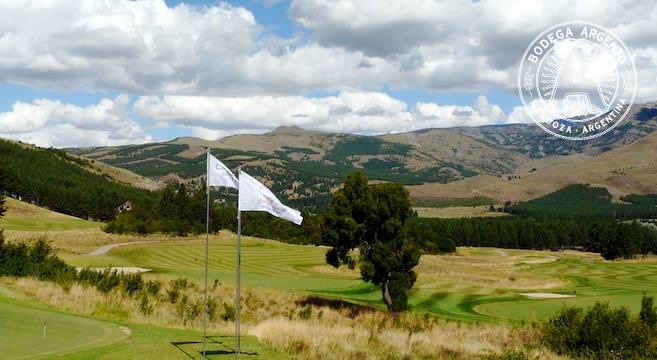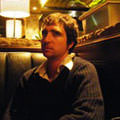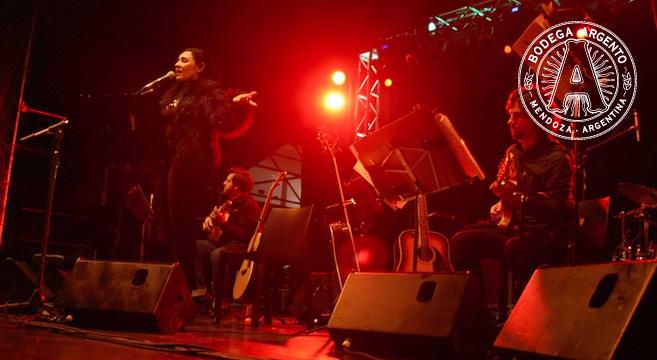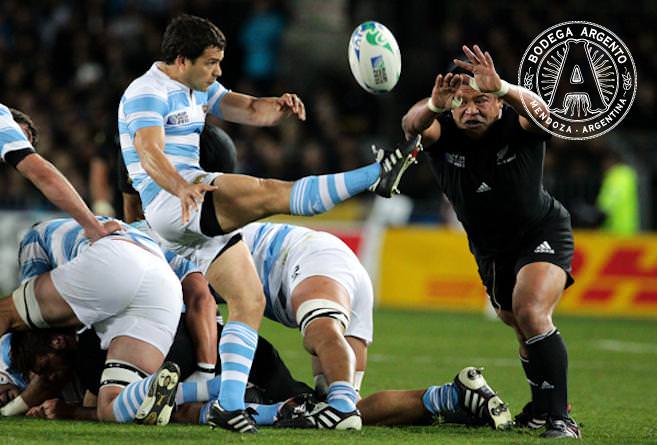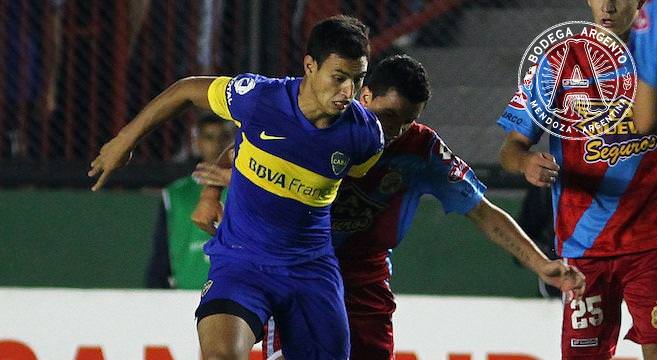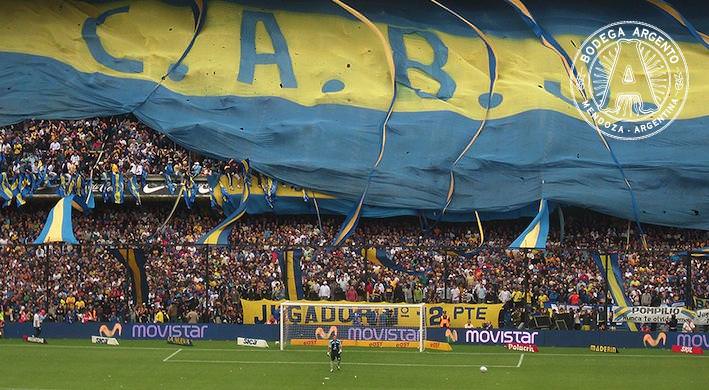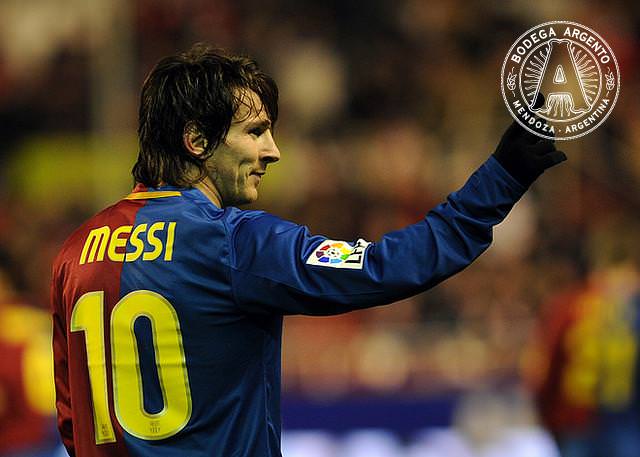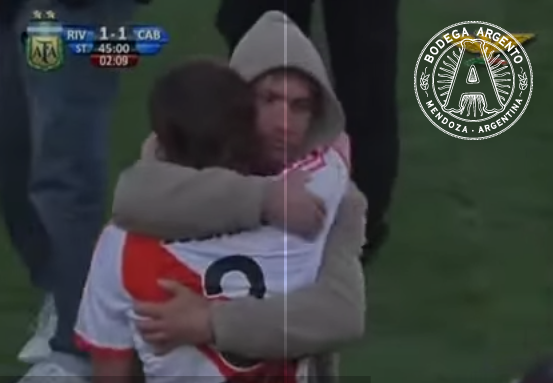Author: Daniel Colasimone
Daniel Colasimone is an Australian freelance writer based in Buenos Aires since 2006. He writes on travel, football, food, wine, culture and history - if it can all fit in the same article, even better. He is the creator and editor of the Argentina Football World website (http://www.argentinafootballworld.com/) which, while not turning any kind of profit, at least gets him free entry into a few football games. It has taken five years and thousands of pesos for local bar and restaurant staff to acknowledge him as a regular customer and hand over the occasional Limoncello gratis, so he feels leaving Argentina now would be a tremendous waste of effort.
Daniel Colasimone is an Australian freelance writer based in Buenos Aires since 2006. He writes on travel, football, food, wine, culture and history - if it can all fit in the same article, even better. He is the creator and editor of the Argentina Football World website (http://www.argentinafootballworld.com/) which, while not turning any kind of profit, at least gets him free entry into a few football games. It has taken five years and thousands of pesos for local bar and restaurant staff to acknowledge him as a regular customer and hand over the occasional Limoncello gratis, so he feels leaving Argentina now would be a tremendous waste of effort.
At times, the pace of life in Argentina can be a little hectic. Buenos Aires especially moves at just one speed – fast forward – and while that is part of its charm, there are occasions when one needs to step away from the urban rat race and, say, spend a few hours walking around in the great outdoors pursuing a little white ball. A round of golf is the perfect antidote to inner-city blues…
In the booming Argentina of the 1920s, the hip place to look to for ideas if you were an artist or intellectual was mother Europe. Jazz had just become all the rage over there, and hence arrived in Argentina not via the United States, but rather from the likes of Paris, London and Berlin. As the ‘new’ music began to take off in Buenos Aires in the ‘30s, it met with some resistance from certain quarters who viewed it as too foreign, and a threat to traditional types of music such as folklore and tango.
This year Los Pumas, Argentina’s celebrated national rugby team, will end one chapter of their history and begin an exciting new one. Their gruelling quest for international recognition as a true rugby power will finally be completed in Cape Town on August 18 when the Argentinian rugby team takes on South Africa’s Springboks in this year’s edition of The Rugby Championship, the Southern Hemisphere’s elite annual tournament. A week later, on August 25, history will be made again as Argentina play their first home game of the competition in Mendoza.
The Argentine football league varies in quality from entertaining and unpredictable to scrappy and, well… unpredictable. The one thing for which it can be relied on, however, is its ability to produce a seemingly endless stream of talented youngsters – the best of whom inevitably end up moving to Europe’s richest leagues and quite often, to international superstardom.
As their arch rivals River Plate continue to suffer through their darkest hour, Boca Juniors emerged from a gloomy chapter of their own to once again rule over Argentinian football.
Lionel Messi is universally admired wherever in the world football is watched – except in his native Argentina. It would be a gross oversimplification to say that Messi is unloved in Argentina. But he is certainly subject to more denigration and skepticism in his homeland than anywhere else in the world. Read on to find out about the main criticisms leveled against him and how much truths lies behind them.
Argentinian primera división (top division) football is full of historical rivalries that are both notorious and colourful. This footballing folklore more often than not manifests itself in cheeky banter between opposing sets of fans. At times it famously descends into wanton violence. Teams define themselves by who they despise. Chants that can be heard in stadia every weekend are full of such insulting language about opponents that uttering such things publicly in most countries would get you arrested.
